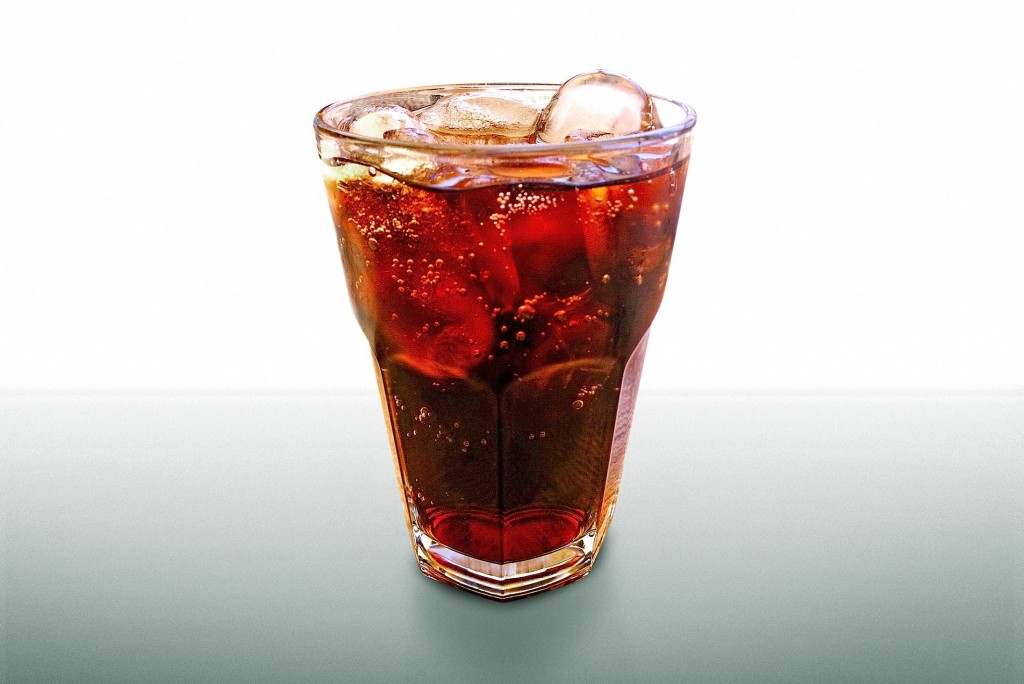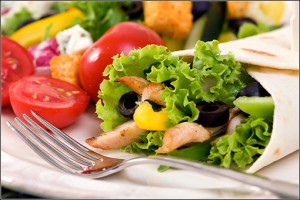
The paleo diet recommends eating a diet rich in meats, seafood, vegetables, fruits, and nuts while avoiding refined grains and sugars. The thinking is that the human body is best served on a diet that mimics what hunter-gatherers ate. Laura Miller argues that the diet is not scientific in Salon:
For this reason, generalizations about the typical hunter-gatherer lifestyle are spurious; it doesn’t exist. With respect to what people ate (especially how much meat), the only safe assumption was “whatever they could get,” something that to this day varies greatly depending on where they live. Recently, researchers discovered evidence that people in Europe were grinding and cooking grain (a paleo-diet bugaboo) as far back as 30,000 years ago, even if they weren’t actually cultivating it. “A strong body of evidence,” Zuk writes, “points to many changes in our genome since humans spread across the planet and developed agriculture, making it difficult at best to point to a single way of eating to which we were, and remain, best suited.”…
Furthermore, the fossil record of the Stone Age is so small and necessarily incomplete that its ability to tell us about paleolithic society is severely limited. Consider this: For all we know, the first tools were not stone implements but woven slings designed to allow a mother to carry an infant while foraging; it’s just that stone happens to survive longer than fibers.

